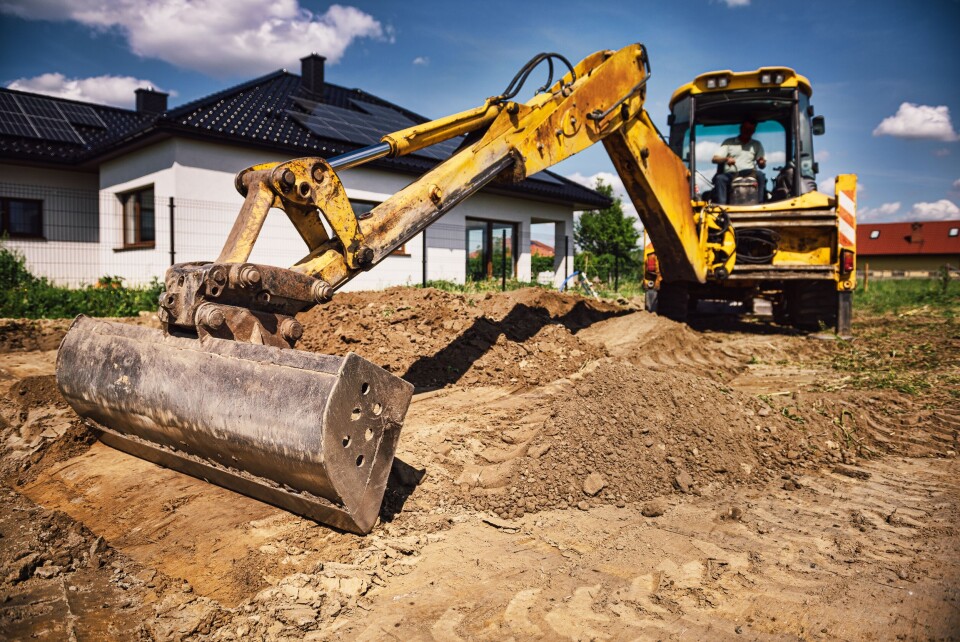-
Must all properties in France have a ‘smart’ thermostat?
Modern thermostats can automatically set temperatures even when residents are away
-
How to save money on fashion and clothes in France
Growing number of second-hand shops are selling clothes by weight
-
Repayable-on-death equity release loans open again to non-EU retirees
Products have recently started being offered by bank group again after it paused them in 2019
How can I oppose my neighbour’s building application in France?
Complaints can be lodged at your local mairie and administrative court but must follow certain rules

Reader question: My neighbour wants to build an extension and has applied to the mairie for approval. I want to oppose the plan, how do I do this?
Unless you have good relations with your neighbour – and can discuss the matter peacefully before they apply for a building declaration – you will have to wait until they have officially received permission before you can oppose the decision.
As a reminder, there are two types of building declarations for work on private property.
The first, which provides tacit approval and is usually for smaller projects is called the Déclaration préalable de travaux (DP) and is sent to the mairie to notify them work is being done on the property.
This is sent via a lettre recommandée avec avis de réception (registered post) or, where available, can be done via a website.
Mairies have one month (two in conservation areas) to respond to a DP rejecting it or requesting changes after which the approval is tacitly given and work can start. Mairies generally do not provide written approval in response to a DP they receive but the applicant should receive a récépissé (receipt document) acknowledging that the declaration has been lodged.
The second, for larger projects, is a permis de construire, which requires approval from the mairie before work can start.
As soon as the approval arrives (or the date to request changes has passed) the administrative approval must be clearly displayed at your property. This means it is visible to those outside the property and must remain so for the duration of the works.
In the case of a DP where no written approval was given, the proof of receipt from the mairie should be displayed.
From the first time a sign approving the work is displayed, neighbours have up to two months to lodge an informal appeal to the mairie over the construction work – this can increase to six months (from the beginning of construction) if no sign is posted.
If you do appeal to the mairie, you should also notify the property owner within 15 days that a complaint has been lodged, using an LRAR.
The mairie may try to mediate and come to a solution between the two parties.
What can I do if this fails?
If there is an explicit refusal to stop or alter the works, or an implicit refusal as you receive no answer within two months, a complaint can then be lodged with the office of the local administrative court (greffe du tribunal administratif).
You can find information about your local administrative court (there is one per department) using the Conseil d'État website here.
This must be done within two months either of the work declaration being posted up (or within two months of the mairie’s refusal), and the owner must be notified within 15 days of the complaint via a registered post letter.
Proceedings on the matter will then be held, but the works may continue during this process until a final decision is reached.
It is possible to apply for a summary suspension to temporarily halt work on the project (valid until the end of proceedings), but this may not be granted unless in exceptional circumstances.
Related articles
How close to my neighbour’s fence can I build a shed in France?
Next door’s extension will block sun to my French home. What can I do?
























